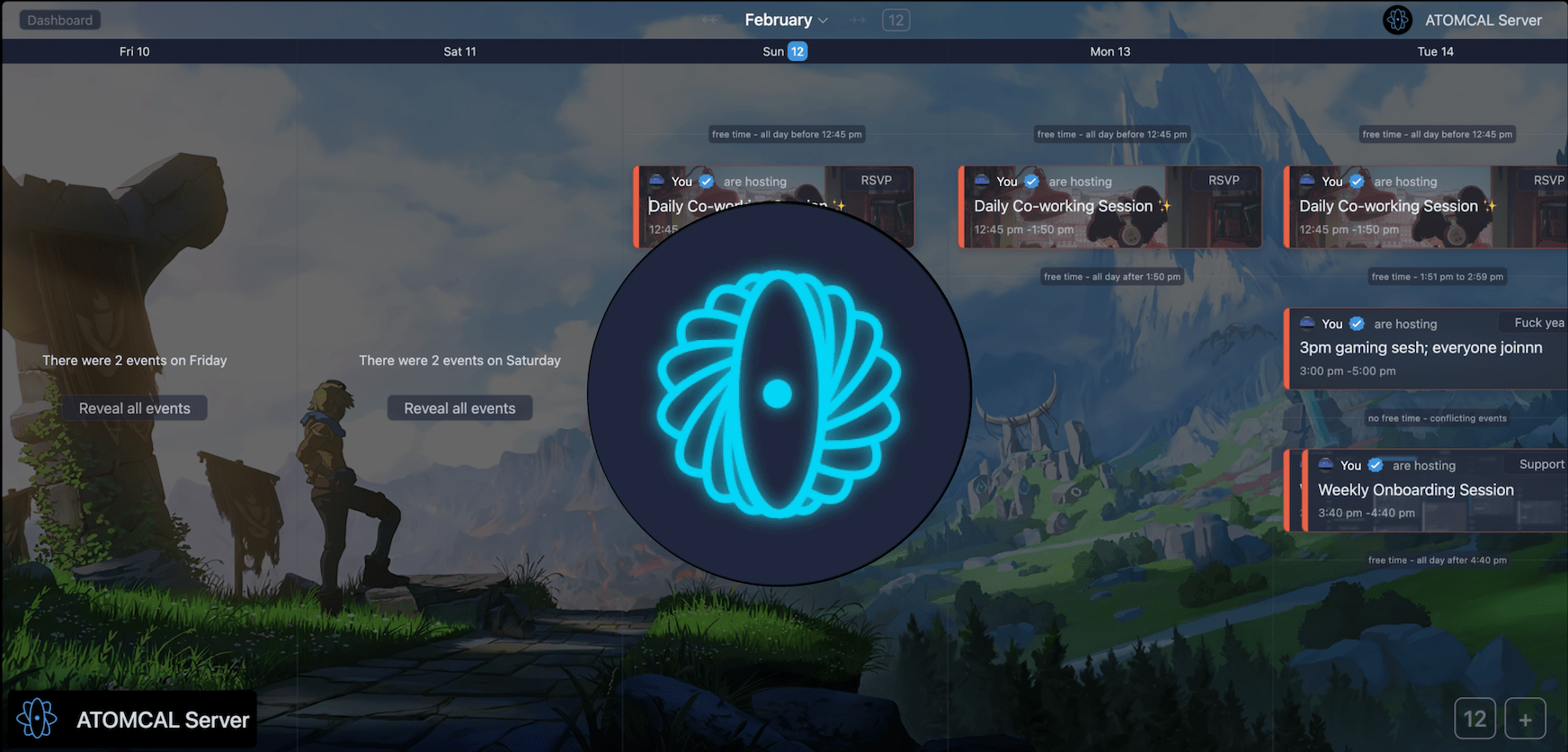Dungeons & Dragons, or D&D, is a captivating and immersive tabletop role-playing game where players create characters and embark on epic adventures in fantastical worlds.

At the heart of this captivating experience are the game's rules and mechanics, which provide structure and guidance for players and Dungeon Masters (DMs) alike. In this blog post, we'll dive into the world of D&D rules, exploring why they're crucial, how to navigate them, and how they shape your gaming experience.
The Importance of D&D Rules
D&D is renowned for its flexibility and storytelling opportunities, but it also relies on a well-defined set of rules. These rules serve several vital purposes within the game:
1. Fair Play: D&D rules create a level playing field for all participants. They ensure that players and characters have consistent guidelines for actions, abilities, and interactions. This fairness is crucial for a satisfying gaming experience.
2. Consistency: Rules maintain consistency in the game world. They dictate how magic works, how combat is resolved, and how characters progress. This consistency makes the game feel like a coherent and immersive universe.
3. Challenge: Rules provide the framework for challenges and obstacles. Whether it's a perilous dungeon, a cunning enemy, or a complex puzzle, rules help determine how difficult these challenges are and how characters can overcome them.
4. Creativity: Paradoxically, rules also fuel creativity. They give players a foundation upon which they can build unique characters and stories. By understanding the rules, players can create characters with distinct abilities and personalities.
5. Conflict Resolution: Rules serve as a neutral arbiter when conflicts arise. Whether it's a disagreement among players or a complex narrative choice, referring to the rules can help resolve issues and keep the game flowing smoothly.

Navigating D&D Rules
For newcomers to D&D, the sheer volume of rules and sourcebooks can be overwhelming. Here's a step-by-step guide to help you navigate the mechanics of Dungeons & Dragons:
1. Read the Player's Handbook: The Player's Handbook (PHB) is your starting point. It explains character creation, basic rules, and character classes. It's essential reading for all players.
2. Learn Your Character: Once you've chosen a character class, study its rules thoroughly. Understand your abilities, spells, and class features. This knowledge is key to effective role-playing and combat.
3. Understand Core Mechanics: Familiarize yourself with core game mechanics, including ability checks, saving throws, and combat rules. Knowing how these work will make gameplay smoother.
4. Use Online Resources: Numerous websites, forums, and apps provide rule references, character builders, and spell databases. These tools can be invaluable for quick rule lookups during a game.
5. Ask for Help: Don't hesitate to ask more experienced players or your DM for guidance. D&D veterans are often eager to help newcomers navigate the rules.
6. Embrace Mistakes: D&D is a game of learning. Everyone makes mistakes, and that's okay. As you gain experience, you'll become more confident in your understanding of the rules.
Evolving with D&D Rules
D&D is a game that's always evolving. New sourcebooks, adventures, and editions bring updates and changes to the rules. As a player or DM, here are some tips for staying up to date:
1. Stay Informed: Follow official D&D websites and forums to stay informed about rule changes, errata, and new releases.
2. Adapt and Homebrew: Embrace homebrew content if your DM allows it. You can also adapt existing rules to better fit your campaign's narrative.
3. House Rules: Discuss and agree upon any house rules with your DM and fellow players. House rules are custom rules created by the DM to tailor the game to their campaign's needs.
D&D rules are the backbone of this incredible game, providing structure and guidance while allowing for boundless creativity and storytelling.
Whether you're a seasoned adventurer or new to the world of tabletop role-playing, understanding and embracing the rules is essential for a rewarding and memorable D&D experience.
So, grab your Player's Handbook, roll some dice, and embark on an adventure where your choices and the rules intertwine to create epic tales of heroism and intrigue. May your journeys through the realms of Dungeons & Dragons be filled with wonder and excitement!

